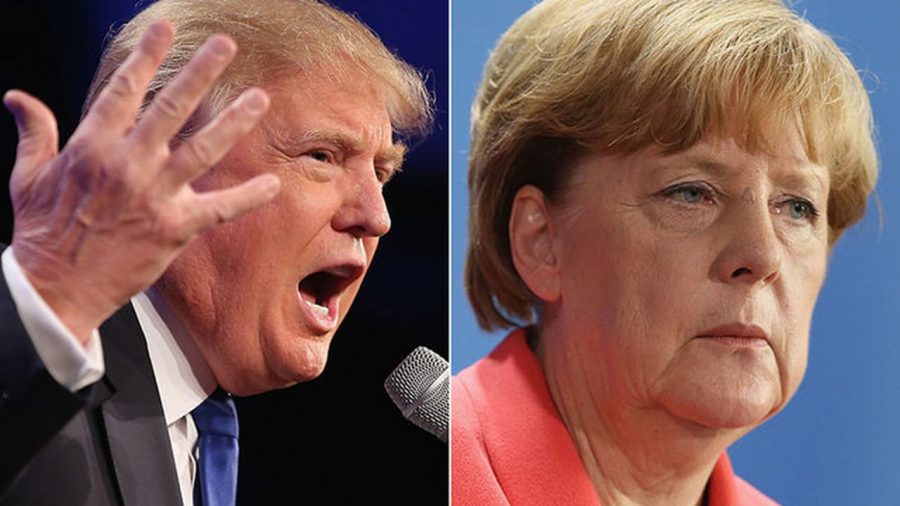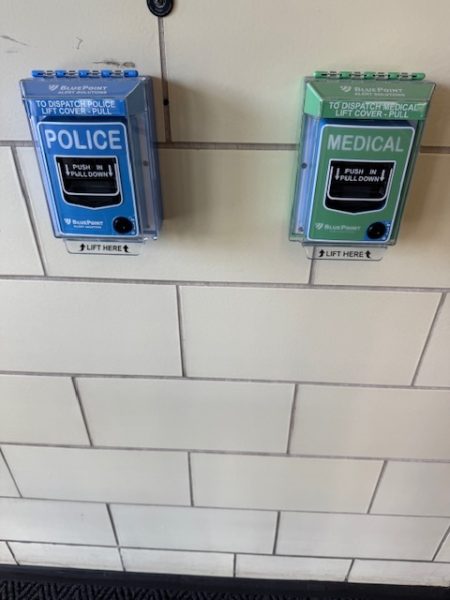Trump Is Here to Collect on Germany’s Debt
Trump recent affirmed in a tweet last Saturday that Germany must pay out larger sums of money should it expect NATO and the US to defend it any longer, explaining that the country “owed vast sums of money.”
The tweet was predated by a meeting between German Chancellor, Angela Merkel, and President Donald Trump in Washington. The reception was warm but negotiations quickly devolved into frigidity over NATO defense spending.
Angela Merkel had come with intentions to emend relationships between her party and Trump’s after Trump had criticized her for having admitted millions of refugees into Germany following the refugee crisis, whereupon he commented that the refugees were “ruining Germany.”
But Trump isn’t so kind with plenty of his closest allies. During a joint news Conference, he betongued NATO allies such as Germany for unfair trade practices, demanding reparations for the years of inequity.
All NATO members are obliged to contribute two percent of their GDP to defense, and it was stipulated recently in 2014 to reach that figure within ten years. Trump, however, avers that the US, paying over three percent of its GDP on defense, is unduly so carrying too great a burden. This was a popular watchword during his campaign, and critics abound have assayed to remind the president that it is a military alliance and not a feudal system.
“Sorry, Mr President, that’s not how NATO works,” tweeted Ivo Daalder, a former US ambassador to NATO. “This is not a financial transaction, where NATO countries pay the US to defend them. It is part of our treaty commitment.”
Notwithstanding, Trump’s threats to sever ties with NATO misgives plenty on the European continent, which repines before an overbearing Russia that has annexed part of Ukraine and subverts the same through rebel support.
Of the 28 NATO members, only four besides the US meet the two percent benchmark for military spending. Germany only spends 1.2 percent, but its defense minister has called for reform regarding how a member’s contribution is evaluated. He suggests that countries that contribute personnel and hardware to operations overseas should avail themselves of a certain credit.





